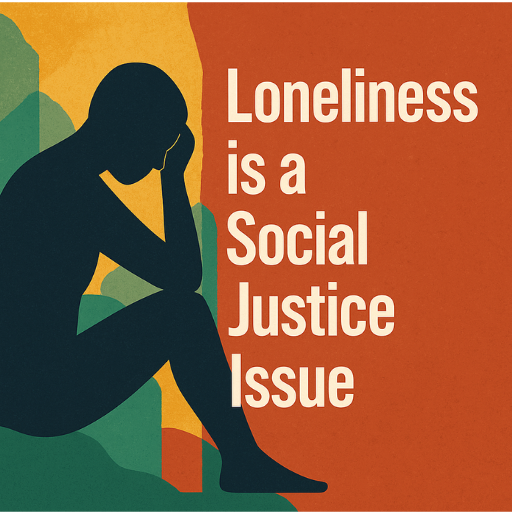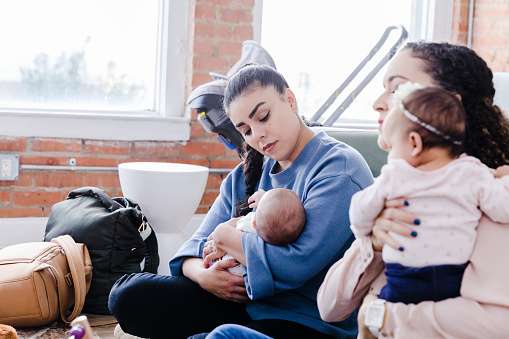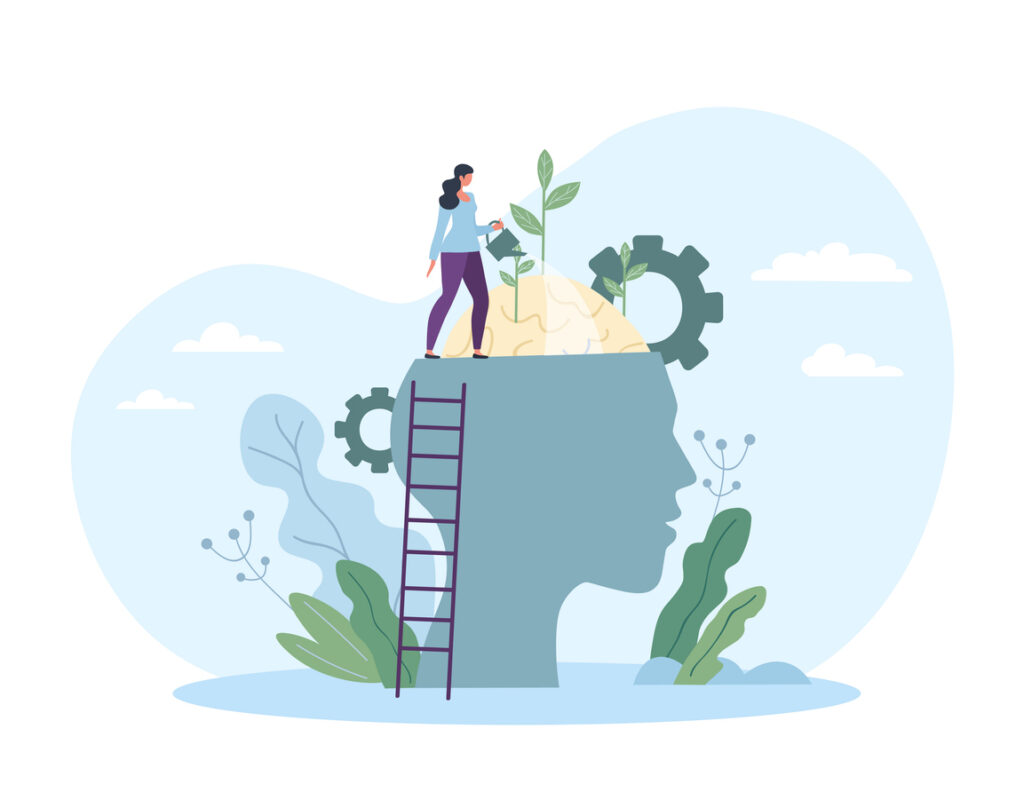Understanding Loneliness Inequalities

Our latest blog is by Professor Manuela Barreto a leading expert in social and organisational psychology, Prof. Pamela Qualter and Prof. David Matthew Doyle. Manuela’s work explores the effects of exclusion, inequality, and identity on people’s wellbeing. In this blog Manuela sheds light on how loneliness is not just a personal experience, but a reflection of wider social injustices.
People often say that “loneliness doesn’t discriminate,” meaning that everyone feels lonely at times, no matter who they are. While this may be true, research shows that loneliness affects some groups in society more than others.
In a review for the Welsh Centre for Public Policy, we examined global evidence and found that loneliness is most common among marginalised groups. Those groups include racially or ethnically minoritised people, immigrants, disabled individuals, LGBTQI+ people, those with poor physical or mental health, informal caregivers, the unemployed, and those living in poverty.
Not much research has been done on how having multiple marginalised identities affects loneliness. However, existing studies suggest that people with more than one stigmatized identity, or those who are unable to find strong communities of others with similar combinations of identities, are most likely to report loneliness.
Because certain groups are more affected by loneliness, they are often labelled as “vulnerable to” or “at risk of” loneliness. While such language is meant to highlight their needs and direct policy decisions aimed at reducing loneliness inequalities, it can also be harmful. It suggests that loneliness comes from something about the people in those groups—how they act or who they are—rather than from external factors. This thinking can lead to victim-blaming or well-intentioned but ineffective support that feels patronizing to those receiving it.
Not only is this narrative highly stigmatizing, but it is not what the evidence suggests. The truth is that not everyone in these groups reports loneliness. Context matters. For example, women may not experience more loneliness than men in general, but they might in societies where they are undervalued or repressed. Similarly, migrants tend to feel lonelier than both the people in their host country and those they left behind. That suggests their loneliness is not due to their background or culture, but to something about the experience of migration itself.
By focusing on individuals rather than systems, the idea of “risk and vulnerability” shifts attention away from the deeper causes of loneliness. Studies show that loneliness is closely tied to broader patterns of exclusion and marginalization. Stereotypes, prejudice, and discrimination push people to the edges of society, leaving them feeling disconnected.
Such exclusion happens in many ways. Sometimes, it is personal—being ignored by peers, neighbours, or coworkers. Other times, it is built into institutions like schools, workplaces, or healthcare systems.
For example, a school that does not recognise or celebrate diversity in gender and sexual orientation sends a message that LGBTQI+ students do not fully belong. That may cause them to withdraw from social activities. A theatre without wheelchair access does not just exclude disabled individuals from entertainment and communicates their devaluation—it physically prevents them from participating in a social experience. Similarly, a medical clinic without doctors trained in women’s reproductive health may leave women feeling alone in their pain and discomfort.
From this perspective, we argue loneliness is not just a personal struggle—it is a social justice issue. The common belief that loneliness is caused by personal shortcomings logically leads to solutions aimed at changing individuals. Instead, if we see loneliness as the result of exclusion, we can understand the importance of focusing on creating a more inclusive society.
To reduce loneliness, we need to understand what context-specific dynamics are making some people feel left out and how we can make spaces, both physical and social, more welcoming. This requires collaboration among schools, workplaces, healthcare providers, and communities to break down barriers and create environments where everyone can feel connected.
Biography

Manuela Barreto
Manuela Barreto is a Professor of Social and Organizational Psychology at the University of Exeter. Her work focuses on uncovering how a range of social groups are marginalized and the consequences this has for their health and wellbeing. In this context, she has worked with a variety of social groups in different contexts and societies. She has a significant body of work on social health and loneliness, with a focus on the role of social inequalities and a keen interest in understanding how these can be addressed via structural solutions. Manuela values the use of mixed methods and engagement with relevant publics to better understand their specific needs and co-develop solutions for maximum impact.





Responses